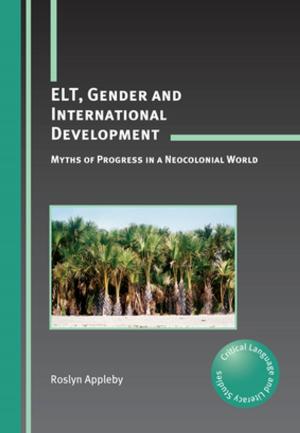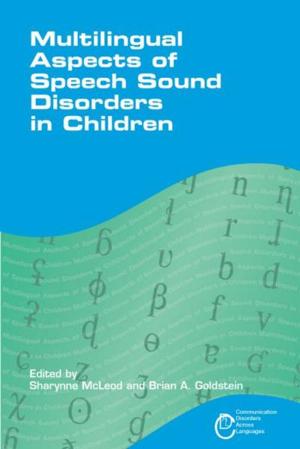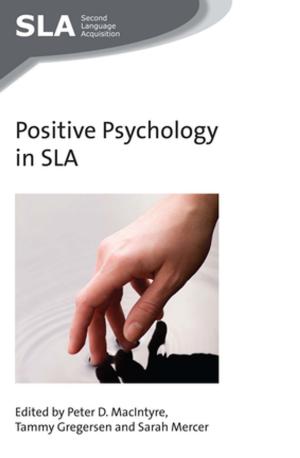Language, Power and Pedagogy
Bilingual Children in the Crossfire
Nonfiction, Reference & Language, Education & Teaching, Educational Theory, Educational Reform, Language Arts, Linguistics| Author: | Prof. Jim Cummins | ISBN: | 9781847698445 |
| Publisher: | Channel View Publications | Publication: | September 22, 2000 |
| Imprint: | Multilingual Matters | Language: | English |
| Author: | Prof. Jim Cummins |
| ISBN: | 9781847698445 |
| Publisher: | Channel View Publications |
| Publication: | September 22, 2000 |
| Imprint: | Multilingual Matters |
| Language: | English |
Population mobility is at an all-time high in human history. One result of this unprecedented movement of peoples around the world is that in many school systems monolingual and monocultural students are the exception rather than the rule, particularly in urban areas. This shift in demographic realities entails enormous challenges for educators and policy-makers. What do teachers need to know in order to teach effectively in linguistically and culturally diverse contexts? How long does it take second language learners to acquire proficiency in the language of school instruction? What are the differences between attaining conversational fluency in everyday contexts and developing proficiency in the language registers required for academic success? What adjustments do we need to make in curriculum, instruction and assessment to ensure that second-language learners understand what is being taught and are assessed in a fair and equitable manner? How long do we need to wait before including second-language learners in high-stakes national examinations and assessments? What role (if any) should be accorded students’ first language in the curriculum? Do bilingual education programs work well for poor children from minority-language backgrounds or should they be reserved only for middle-class children from the majority or dominant group? In addressing these issues, this volume focuses not only on issues of language learning and teaching but also highlights the ways in which power relations in the wider society affect patterns of teacher–student interaction in the classroom. Effective instruction will inevitably challenge patterns of coercive power relations in both school and society.
Population mobility is at an all-time high in human history. One result of this unprecedented movement of peoples around the world is that in many school systems monolingual and monocultural students are the exception rather than the rule, particularly in urban areas. This shift in demographic realities entails enormous challenges for educators and policy-makers. What do teachers need to know in order to teach effectively in linguistically and culturally diverse contexts? How long does it take second language learners to acquire proficiency in the language of school instruction? What are the differences between attaining conversational fluency in everyday contexts and developing proficiency in the language registers required for academic success? What adjustments do we need to make in curriculum, instruction and assessment to ensure that second-language learners understand what is being taught and are assessed in a fair and equitable manner? How long do we need to wait before including second-language learners in high-stakes national examinations and assessments? What role (if any) should be accorded students’ first language in the curriculum? Do bilingual education programs work well for poor children from minority-language backgrounds or should they be reserved only for middle-class children from the majority or dominant group? In addressing these issues, this volume focuses not only on issues of language learning and teaching but also highlights the ways in which power relations in the wider society affect patterns of teacher–student interaction in the classroom. Effective instruction will inevitably challenge patterns of coercive power relations in both school and society.















